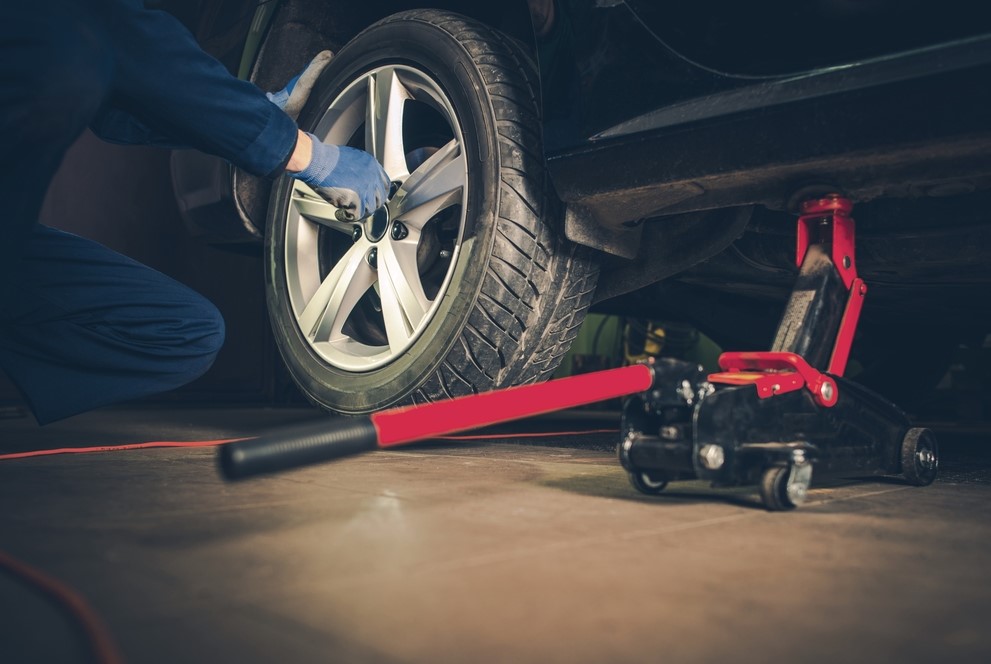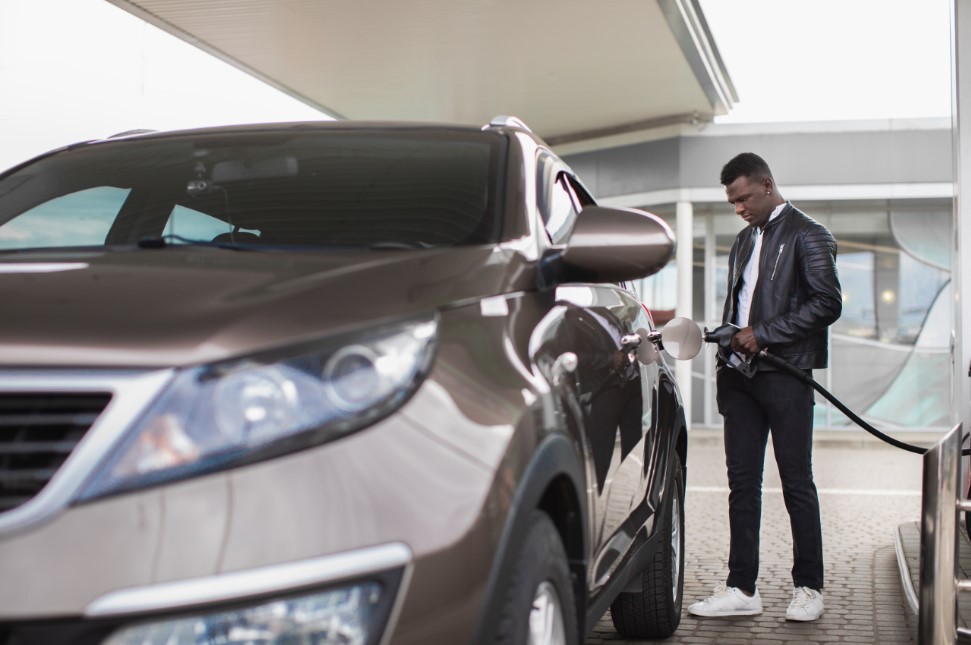Signs You Need New Tires

Editor's Note: This blog has been updated as of 2021 to reflect current knowledge and industry standards.
Even the most well-maintained car gets wear and tear from use. Whether it's every day or a few times a week, any driving takes a toll on your vehicle and the parts within, specifically your brakes, battery, and tires.
Out of these three main areas of wear, your car's tires tend to wear down the quickest due to their direct and constant contact with the ground. Even the most expensive set of tires won't last forever, and the tire's rubber and tread will eventually wear down.
How Often Do I Need to Replace My Tires?
One of the questions we receive pretty often is, "how often do I replace my tires?" While we'd love to give you a straightforward answer, there isn't one. While tires commonly last around three to five years, so many different factors are in play, so it's hard to give an exact mileage of when you should get new tires. These factors include:
- Tire inflation levels
- Type of driving you do
- Make and model of tire
- Frequency of tire service
Considering these above factors and implementing the proper tire care can help you extend the lifespan of your tires and prevent safety issues altogether.
Do I Need New Tires?
As long as your tires aren't ten years old or older, it's better to ask if you need new tires rather than seeing if you fit into a specific timeframe for a replacement. While you can always drop into any local tire shop for a quick inspection to determine if your ride needs new tires, there are many things you can easily check out at home to see if your set is approaching its end.
Tread Depth
Tire tread helps keep your car stable when the road may be difficult to grip and improves your car's overall traction and handling. Tread depth is the single most significant indicator of how much life a tire has left. It's safe to say that your tire treads should never dip below 1/16th of an inch. It's always better to replace them a bit before this, especially if there's a chance of you driving on wet or slick surfaces.
Tire Wear Bars
Have you noticed the small rubber bars in the grooves of your tires? These are tread wear indicator bars. These wear bars are placed at different points on the tire to indicate how even your tire's tread is being worn down. If your wear bars are flushed with your tire tread or close to it, it's time for a replacement.
What's The Penny Tread Test?
The easiest way to check your tire's tread at home is the penny trick! To do this, insert a penny with Lincoln's head downwards directly into the tread. If you can see the top of Lincoln's head above the tire tread, you need new tires.
Sidewall Damage
Your tread is designed to withstand the rough and tumble world of making contact with the asphalt you drive on. However, the sidewalls of your tires are generally much softer, thinner, and more prone to damage during accidents such as curb popping.
If you see any of the following on any of your tire's sidewalls, have the tire replaced as soon as possible:
- Visible cracks, slits, or cuts
- Bulges, bubbles, or blisters
- Visible cords from tires
Ignoring sidewall damage can result in your tire having a weak spot or a leak, resulting in a blowout. A blowout will not only cause significant damage to your car but also threaten the safety of you, your passengers, and everyone else on the road.
Tire Pressure
It's normal to expect your tires to inflate a bit during hot weather and pressure to drop when it's cold, but a tire that can't keep its pressure consistently can usually be blamed due to a slow leak and must be replaced.
Slow leaks can go unnoticed until you are left stranded somewhere with a flat tire. Slow tire leaks are caused by – you guessed it: small debris. Usually found on the road, these tiny objects cause a pinhole in the tread. Most of the time, it's nearly impossible to find the hole's location because it is so small. If found in the tread, the hole may be able to be patched up easily. If it's found in the sidewall or can't be located at all, you will need to have it replaced.
Vibration
Cars vibrate when driven, but excessive vibration can be a sign one or more of your tires need to be replaced. Internal or structural problems with your tires can jeopardize their ability to work correctly, putting your control and safety at risk.
If you're feeling or hearing a lot of vibration, it's strongly suggested you should take your car to your local auto repair shop to have it checked. In some cases, this vibration may be nothing more than your tires being unbalanced, which is a quick fix. In others, it may be more serious, and you'll be glad you stopped in.
How Can Christian Brothers Automotive Help?
For over three decades, Christian Brothers Automotive has sought to change how you care for your vehicle. We strive to do things right, including offering transparent and honest service from dependable expert technicians and world-class customer service. We even provide a free shuttle service and a comfortable waiting room for you if your service takes long.
If you're looking for professional tire services like alignment and rotation to get your car's reliability back on track, reach out to our team to schedule your next service. Locate your closest location here.


[1].jpg)
sunwash-tech-with-customer.png)

